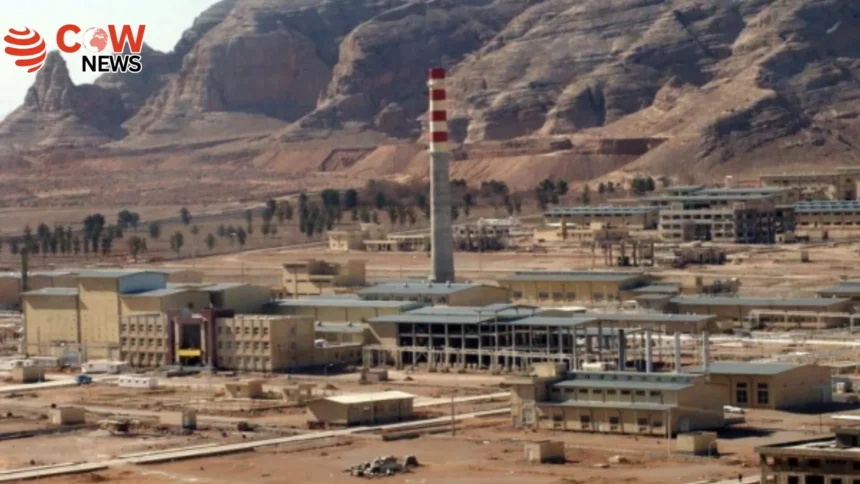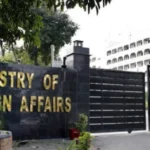VIENNA/TEHRAN (TheCOWNews Digital)The International Atomic Energy Agency (IAEA) has officially confirmed that Israel conducted a targeted airstrike on Iran’s highly sensitive uranium enrichment facility located in Natanz. The early Friday morning assault marks a significant escalation in the already volatile Middle East, with regional and global implications for nuclear security and diplomacy.
In a statement released via its official account on the social media platform X (formerly Twitter), the IAEA stated: “We are closely monitoring the deeply concerning situation unfolding in Iran.”
The agency further revealed that its inspectors stationed at the Natanz site were safe and accounted for, and that radiation levels at the site were being continuously monitored in coordination with Iranian authorities. “The safety of our inspectors is of paramount importance. We are in direct contact with Iranian officials,” the statement added.
Natanz is widely considered the heart of Iran’s uranium enrichment program and a cornerstone of its nuclear ambitions. The site, located in central Iran, has previously been the target of cyberattacks, sabotage efforts, and covert operations—most notably in 2010 during the infamous Stuxnet incident.
According to regional sources and satellite imagery reviewed by Western intelligence, Friday’s airstrike caused significant structural damage to above-ground and potentially underground facilities at Natanz. While Iranian authorities have yet to disclose the full extent of the damage, experts warn that the attack could set back Iran’s nuclear timeline and deepen hostilities between Tehran and Tel Aviv.
The Israeli government has not officially commented on the specifics of the attack but has repeatedly stated that it will take all necessary measures to prevent Iran from acquiring nuclear weapons. Israeli Defense Minister Yoav Gallant, speaking earlier this week, labeled Iran’s nuclear program as an “existential threat” and suggested preemptive action may be justified under international law.
Iran, in turn, has condemned the attack as a “criminal act of war” and has vowed retaliation. Iranian Revolutionary Guard commanders have already hinted at a multi-phased response that could involve drone and missile attacks on Israeli strategic assets and interests abroad.
The IAEA’s confirmation of the attack has drawn international concern. Several global powers, including China and Russia, have called for restraint and warned that further escalation could spiral into a full-scale regional conflict.
“The targeting of nuclear facilities, regardless of the reason, introduces unacceptable risk to regional and global safety,” said Dr. Hans Muller, a nuclear policy analyst based in Berlin. “It also undermines decades of diplomatic efforts aimed at ensuring non-proliferation through dialogue rather than warfare.”
The United Nations Security Council is expected to convene an emergency meeting to address the rising tensions and assess the implications of the attack on international nuclear agreements, including the moribund Joint Comprehensive Plan of Action (JCPOA).
With the Middle East already on edge, the attack on Natanz adds a dangerous new dimension to the conflict. As both Iran and Israel remain on high alert, the world watches with bated breath for what may come next.







